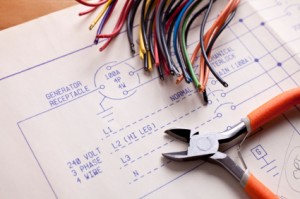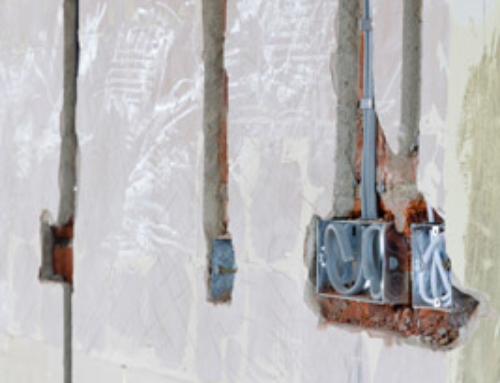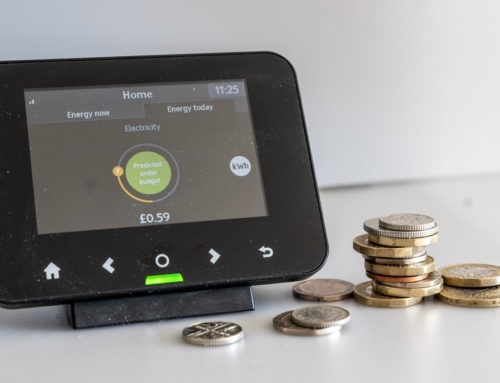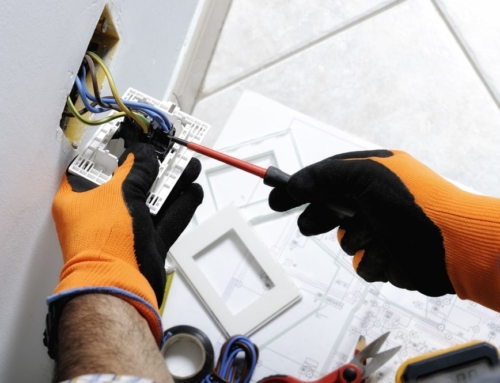Over the last few decades, electrical equipment has come a long way. Whether your home is rented or owned by you, it’s important to check that your family isn’t being exposed to out of date or dangerous electrical wiring.
We’re more dependent on power than ever, and we all leave gadgets plugged in all day long. Poor equipment or an outdated electrical system can pose a serious risk.
Over time, equipment goes out of date, but decay and wear can also force a rewiring project, so it pays to check your wiring periodically.
Experts recommend you carry out a visual inspection every five to ten years. But unqualified people should never mess around with electrical circuits: rewiring your property yourself is a definite no-no.
You can take steps to identify problems and bring them to the attention of a qualified electrician. Here’s what to look for.
Signs Of Old Wiring
Older houses should ideally be checked by a pro, but in the first instance, look for tell tale signs of wiring that’s in poor condition.
- Look for old electrical sockets – a dead giveaway. Old sockets have round pins and cannot be used with modern electrical equipment. Sometimes these are still present under plaster: they may or may not be connected.
- Check wall fittings for damage, cracks or exposed wires.
- Old light switches look quite different to our modern switches and are easy to spot.
- Check for sockets in strange places. Any socket up high could be wired into your lighting circuit; sockets that are exceptionally low were probably installed prior to your skirting boards.
- Look out for wiring that drapes, doesn’t completely enter a wall socket or runs on a diagonal. All are signs of bad practice.
- Check for signs of scorching: it could be a sign of a serious fire hazard in the future.
- Note any wiring in bathrooms, around shaver sockets and close to showers.
Don’t forget to check any lighting on the exterior of the building, in the loft or basement and in any outbuildings on your property. Outside cables must be shielded properly against the weather, too.
If you identify any issues, you must act: even one weak link in the chain could be very dangerous. Just because one section of your wiring looks new, it doesn’t mean the whole system is.
Planning a Rewiring Project
Renovation presents an excellent opportunity for reconfiguration. If you’re planning to do extensive work on your house, consider rewiring the property and relocating the sockets and switches.
Even if rewiring isn’t high on your agenda, it always makes sense to get the wiring checked before you start plastering or laying floors. And if you’re planning on installing a new kitchen, rewiring gives you the chance to relocate appliances or reconfigure the circuit that your oven is connected to.
Choosing a Supplier
When getting rewiring quotes, make sure the cost of testing is included. Also, make sure your electrician quotes you for a complete solution, not just a quick fix. In some cases, it will be more economical to rewire a property than cut corners with a partial solution.
Remember: if in doubt, go with the professional opinion of your electrician. Even if your installation looks new, problems could be lurking behind the walls and under the floors.






























